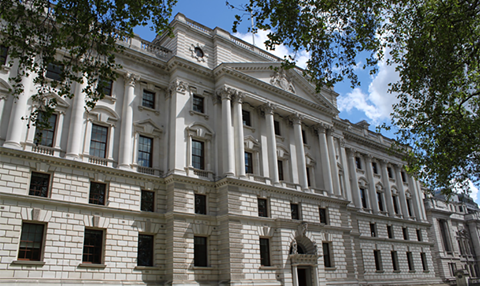The Chancellor of the Exchequer, Jeremy Hunt, has held a meeting with food manufacturers and the CMA to discuss public concerns over food inflation.

The Chancellor is said to have highlighted the widespread concern among the British public about the current level of food prices and their impact on household budgets, particularly for the most vulnerable.
He said he had listened to the views of manufacturers about the causes of food inflation, reiterated the support announced by the Prime Minister last week for the UK food sector, and agreed that food manufacturers would continue to engage with senior government ministers about potential measures that government and industry can take to ease the pressure on consumers.
The Chancellor also met with the independent Competition and Markets Authority (CMA) and heard more about the scope of their investigations into road fuel and their stepping up of work on groceries prices, including the possible action that could be taken by the CMA. The Chancellor confirmed that the government stands ready to update pricing rules and guidance on the back of the CMA’s review of unit pricing.
With food inflation at 19.2%, it was emphasised that the Government’s current focus is on measures which will help tackle increasing costs in the food sector. The Government statement also said prices are coming down across other parts of the economy, with energy bills also expected to fall as Ofgem announces the new cap this coming week.
Food inflation
The meeting was held on the same day that like-for-like grocery price inflation fell for the second month in a row and now sits at 17.2% for the four weeks to 14th May 2023, according to the latest data from Kantar. Take-home grocery sales rose by 10.8% over the month in comparison with the same period last year.
Fraser McKevitt, head of retail and consumer insight at Kantar, said: “The drop in grocery price inflation, which is down by 0.1 percentage points on last month’s figure, is without doubt welcome news for shoppers but it is still incredibly high – 17.2% is the third fastest rate of grocery inflation we’ve seen since 2008. This could add an extra £833 to the average household’s annual grocery bill if consumers don’t shop in different ways.
Read more on Chancellor's planned meeting here.
This story was originally published on a previous version of the Meat Management website and so there may be some missing images and formatting issues.












